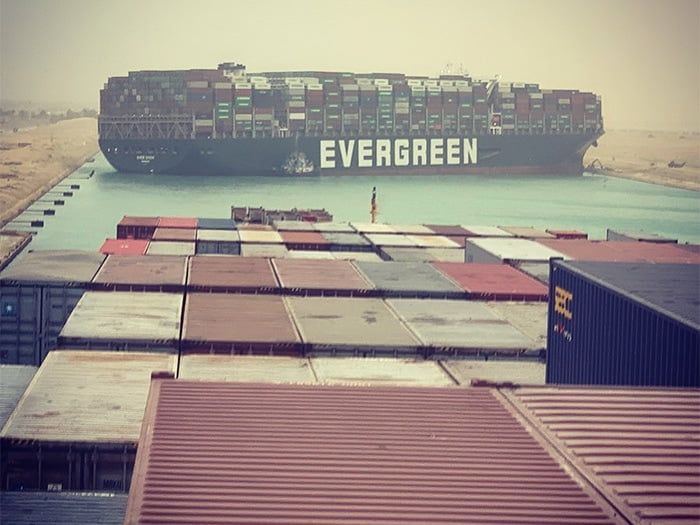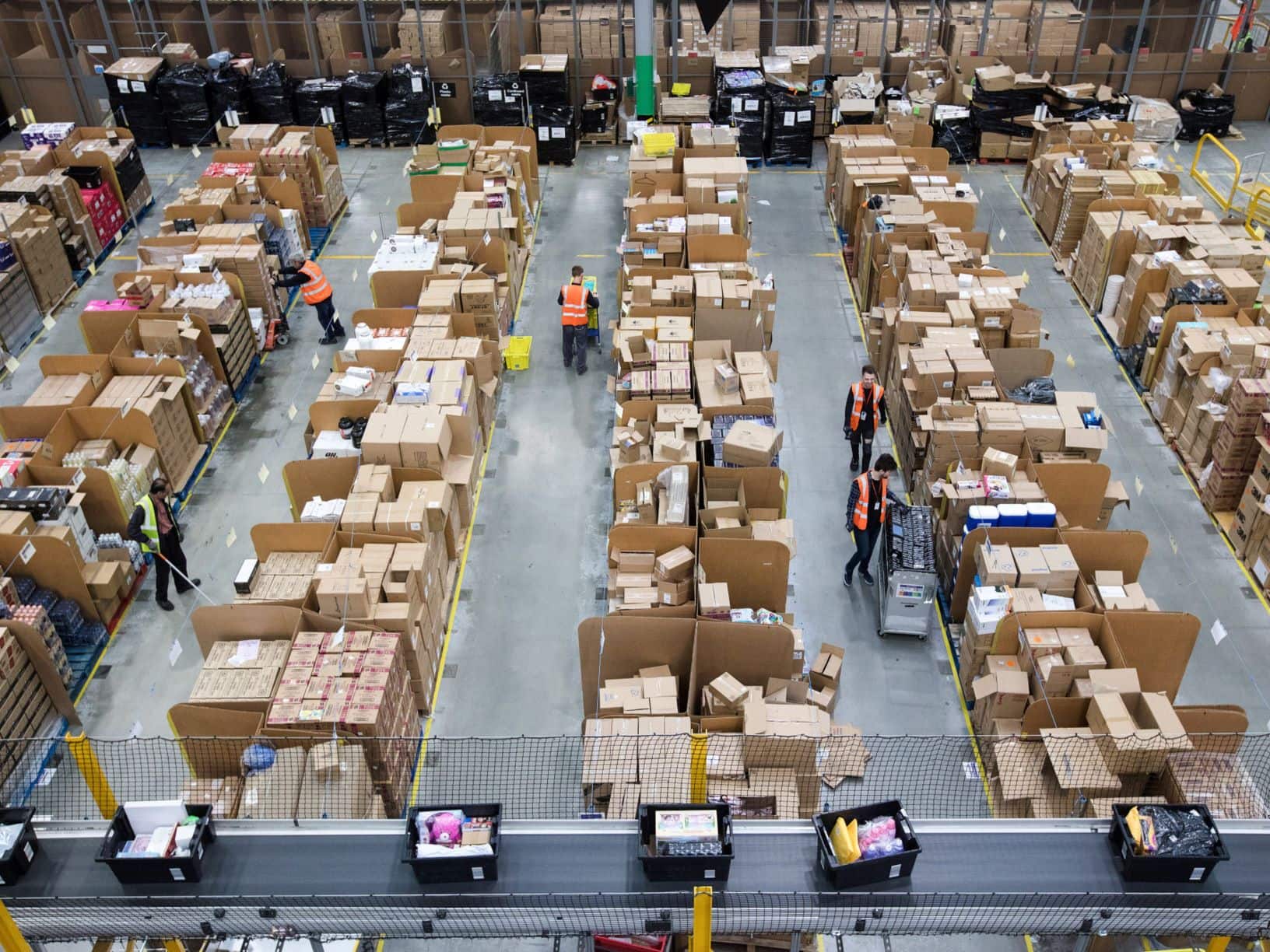There is nothing like a huge container ship blocking the Suez Canal to show how fragile the global supply chain is. While recovery from Covid and global demand are obviously on their way to a more positive year, supply chain has never been under such pressure.
Disruptions are increasing, in all shapes and sizes; geopolitical events, climate-related disasters and public health crises. Brexit and the US–China trade war are recent examples.
In 2020, challenges were different from one another, from an over-reliance on single-sourcing in Asia to the complex issue of toilet paper shortage, the pandemic has helped shed light on several issues importers will have to face and fix if they simply want to survive in this post covid-era.
Resilience
Disconnecting from China’s supply chain is “economically and, for some countries, politically unfeasible”. (Read more in a report by the International Institute for Strategic Studies, IISS, on this topic).
But investing in a more resilient supply chain will be key to navigate the future uncertainties. Using for example the approach of multilateralism – rather than rivalry – like China + One strategy, to diversify into other key countries in the region like Vietnam or India or closer to your customers like Mexico and North Africa.
Flexibility
One of the most common methods of inventory management, that originated in Japan, is the JIT or Just In Time Manufacturing. The methodology aimed primarily at reducing times within the production system as well as response times from suppliers and to customers.
Japan was deficient in many ways after the war. The lack in resources prompted industries to lean out their production processes and ensure little wastage.
As the pandemic goes on and the global economy reopens slowly with ups and downs, investing in more efficient and flexible supply chain, using technology and data to quickly adjust your supply to your demand is a must.
Transparency
With customers becoming increasingly demanding in terms of quality, price and recently sustainability, impact, companies need to sustain value by creating more transparency. Product Quality is non-negotiable and Brand transparency is no longer a nice to have. And if you want to win customer loyalty, then you need to be willing to demonstrate the time, effort, and honesty that go into developing genuine trust with higher transparency.





